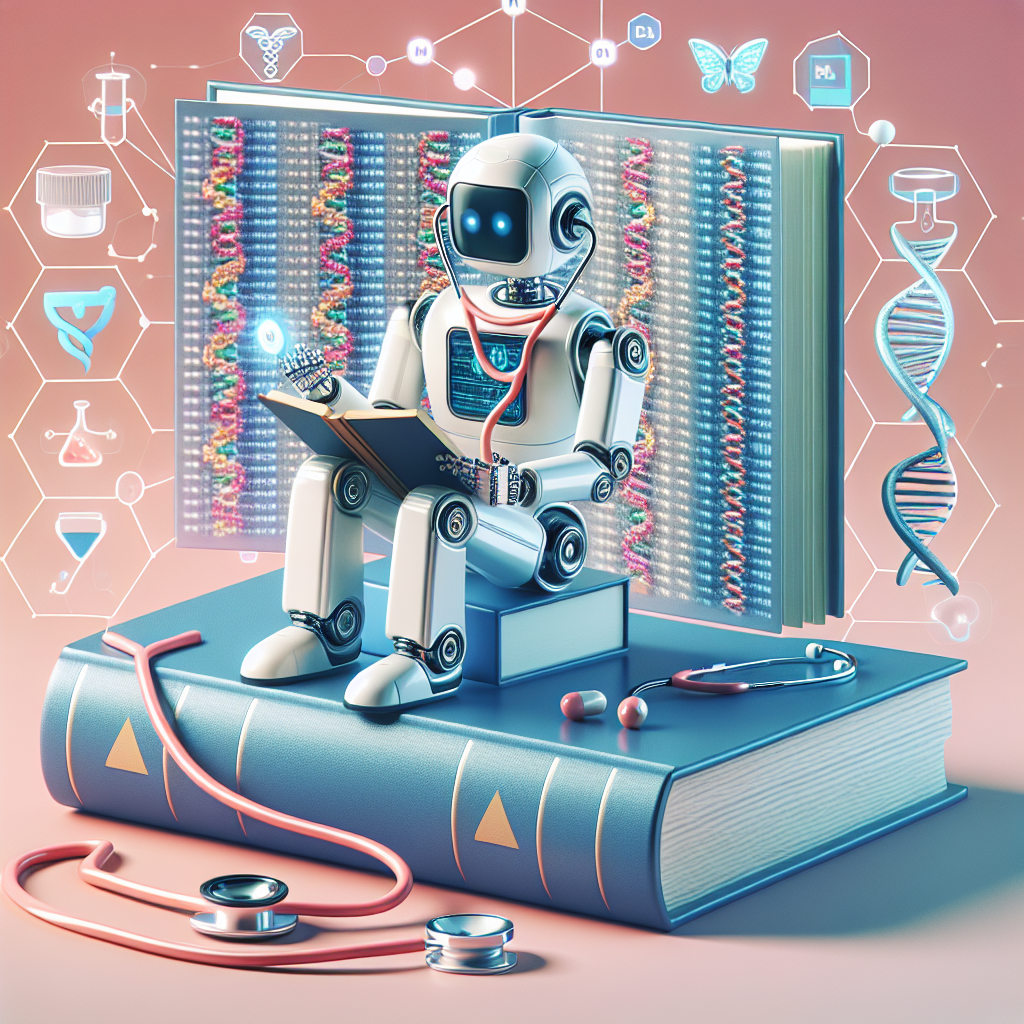Artificial intelligence (AI) has revolutionized many industries, and its impact on medical research is no exception. With the ability to analyze massive amounts of data quickly and accurately, AI has the potential to accelerate medical discoveries, improve patient outcomes, and revolutionize healthcare as we know it. In this article, we will explore the impact of AI on medical research and its implications for the future of healthcare.
AI has the ability to process and analyze vast amounts of data much more quickly and accurately than humans. This has the potential to revolutionize medical research by allowing researchers to identify patterns and trends in data that would be nearly impossible to detect manually. For example, AI algorithms can analyze genetic data to identify potential connections between genetics and disease, leading to new insights into the causes of diseases and potential treatments.
One area where AI is already making a significant impact is in drug discovery. Traditional drug discovery methods are time-consuming and expensive, with a low rate of success. By utilizing AI algorithms to analyze vast datasets of molecular structures and biological data, researchers can identify potential drug candidates much more quickly and accurately. This has the potential to dramatically reduce the time and cost of bringing new drugs to market, leading to more effective treatments for a wide range of diseases.
AI is also being used to improve patient care and outcomes. For example, AI algorithms can analyze medical imaging data, such as X-rays and MRIs, to quickly and accurately identify potential abnormalities that may be missed by human radiologists. This can lead to earlier detection of diseases and more effective treatments, ultimately improving patient outcomes.
In addition to improving patient care, AI is also being used to personalize treatments for individual patients. By analyzing a patient’s genetic data, medical history, and other relevant information, AI algorithms can help doctors tailor treatments to each patient’s unique needs. This has the potential to improve treatment outcomes and reduce the risk of adverse reactions to medications.
Despite its potential benefits, AI also raises ethical and regulatory challenges. For example, there are concerns about the privacy and security of patient data, as well as the potential for bias in AI algorithms. It is important for researchers and policymakers to address these concerns and ensure that AI is used in a responsible and ethical manner.
In conclusion, AI has the potential to revolutionize medical research and healthcare in ways we have never seen before. By harnessing the power of AI to analyze vast amounts of data quickly and accurately, researchers can accelerate medical discoveries, improve patient outcomes, and ultimately revolutionize the way we think about healthcare. However, it is important for researchers, policymakers, and the public to address ethical and regulatory challenges to ensure that AI is used in a responsible and ethical manner.
FAQs:
Q: What is artificial intelligence (AI) and how is it used in medical research?
A: Artificial intelligence is a branch of computer science that involves the development of algorithms that can perform tasks that typically require human intelligence, such as analyzing data, recognizing patterns, and making decisions. In medical research, AI is used to analyze vast amounts of data quickly and accurately, leading to new insights into the causes of diseases, potential treatments, and personalized healthcare.
Q: How is AI being used to accelerate drug discovery?
A: AI algorithms are being used to analyze vast datasets of molecular structures and biological data to identify potential drug candidates much more quickly and accurately than traditional methods. This has the potential to dramatically reduce the time and cost of bringing new drugs to market, leading to more effective treatments for a wide range of diseases.
Q: What are some of the ethical and regulatory challenges associated with AI in medical research?
A: Some of the ethical and regulatory challenges associated with AI in medical research include concerns about the privacy and security of patient data, the potential for bias in AI algorithms, and the need to ensure that AI is used in a responsible and ethical manner. It is important for researchers, policymakers, and the public to address these concerns and ensure that AI is used in a responsible and ethical manner.

